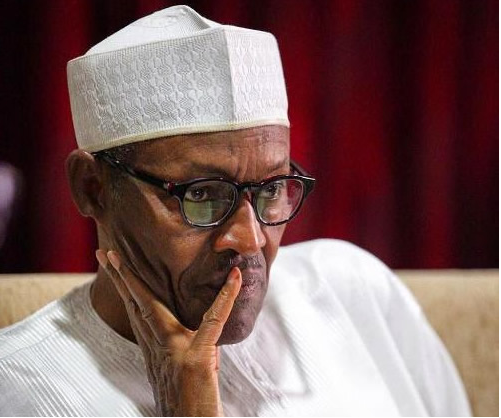As Nigeria continues to navigate its economic landscape, Buhari's insights provide a unique perspective on the complexities of governance

In a candid revelation, former President Muhammadu Buhari has finally addressed the contentious Naira redesign policy that sent shockwaves through the nation, leading to a cash crunch crisis.
Speaking in his first interview since leaving office six months ago, Buhari explained that his endorsement of the controversial policy was driven by a commitment to protect his integrity and emphasize the principle that there are no shortcuts to success.
The ex-President attributed his 2015 election victory to divine intervention and defended the criticized naira policy by highlighting the challenges faced by Nigeria as an underdeveloped country grappling with issues of materialism.
In a recent interview with the state-owned Nigerian Television Authority (NTA), Buhari shared insights into the complexities of governing Nigerians, noting that citizens often resist following the prescribed course of action.
Reflecting on his tenure, Buhari acknowledged the prevailing perception that Nigerians believe they know better than those in leadership positions.
He remarked, "God gave me the opportunity to serve my country, but I did my best. But whether my best was good enough, I leave for people to judge."
Addressing criticisms about the integrity of individuals within his government during his eight-year tenure, Buhari dismissed the allegations, attributing them to the issues of his critics and questioning their efforts in combating corruption at their respective levels.
Discussing a specific incident during his administration, the Ethiopian/Nigerian Air incident, Buhari admitted a shortcoming in giving people a free hand to perform their duties.
Despite the challenges, he expressed contentment with his post-presidential life, emphasizing that he does not miss anything about being in government.
As Nigeria continues to navigate its economic landscape, Buhari's insights provide a unique perspective on the complexities of governance and the delicate balance between leadership decisions and public perception.


.png)
%20(18).jpeg)
.jpeg)

%20(3).png)



COMMENTS